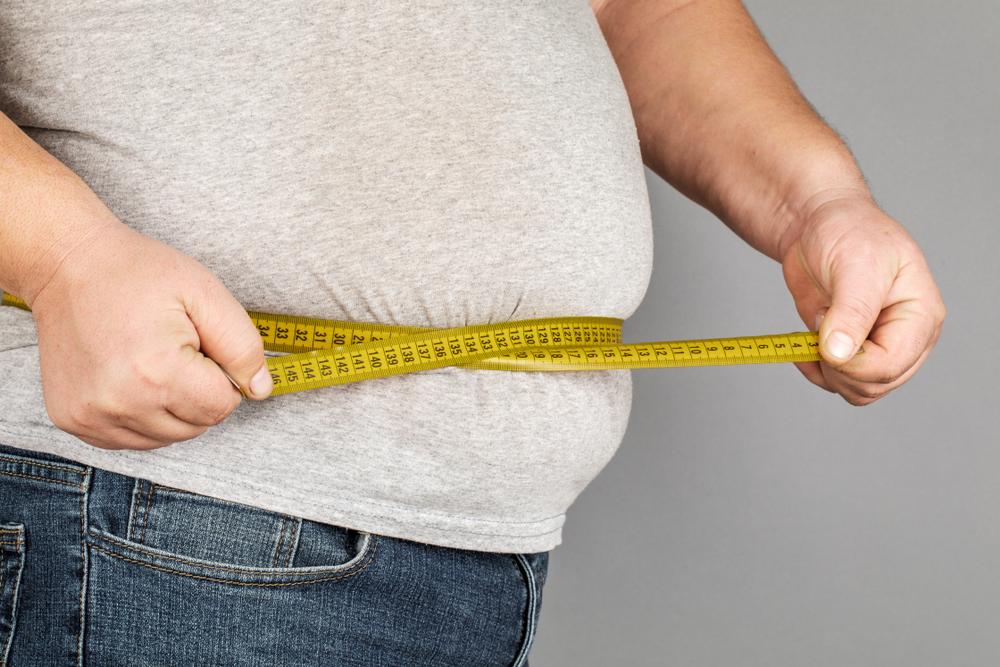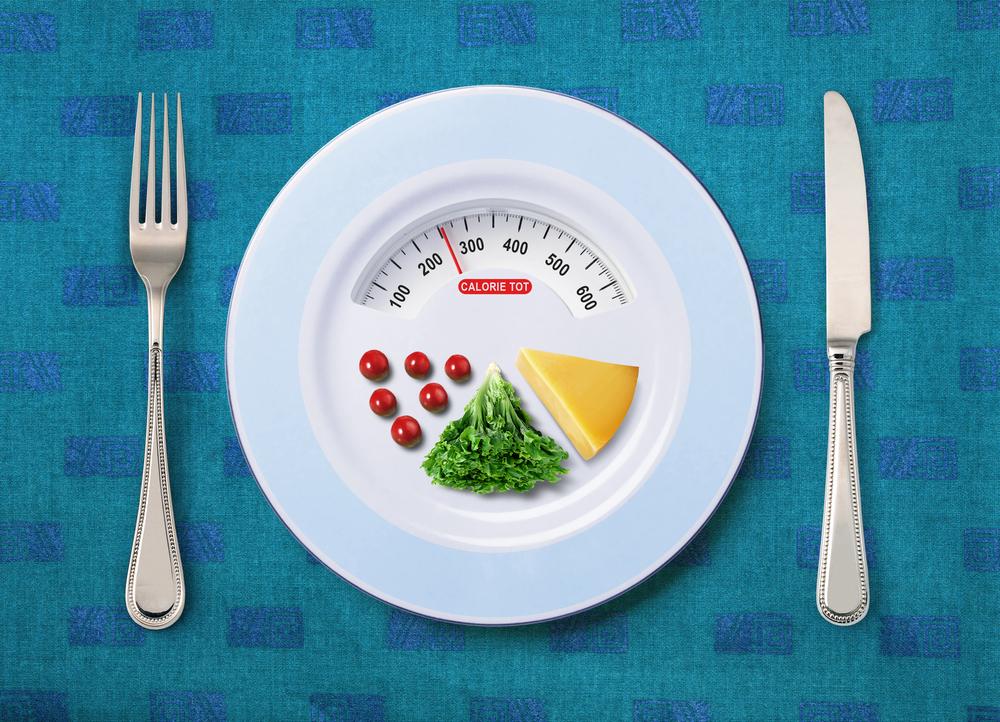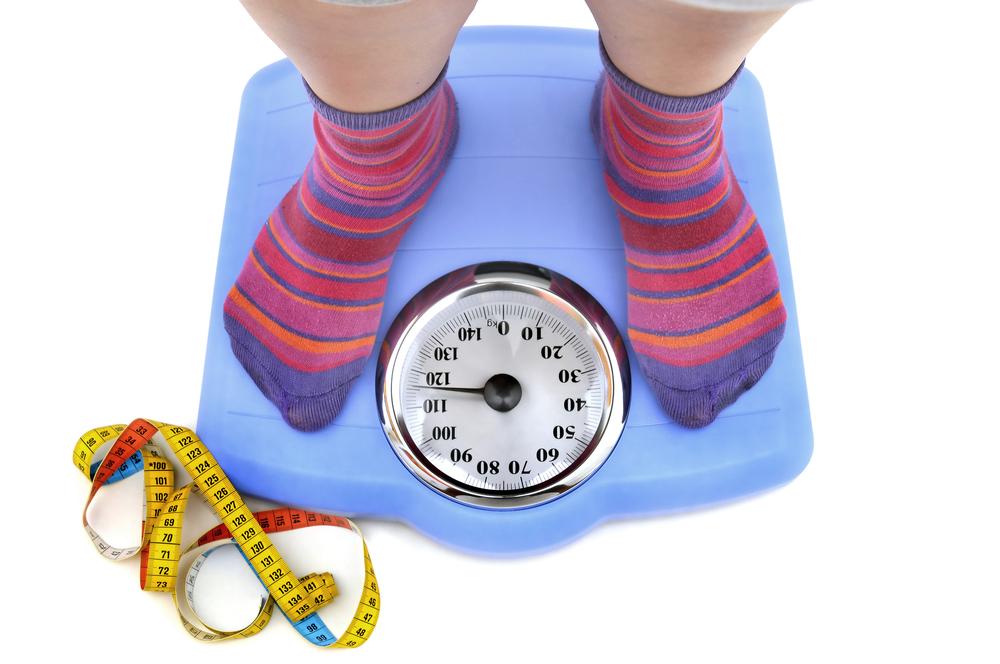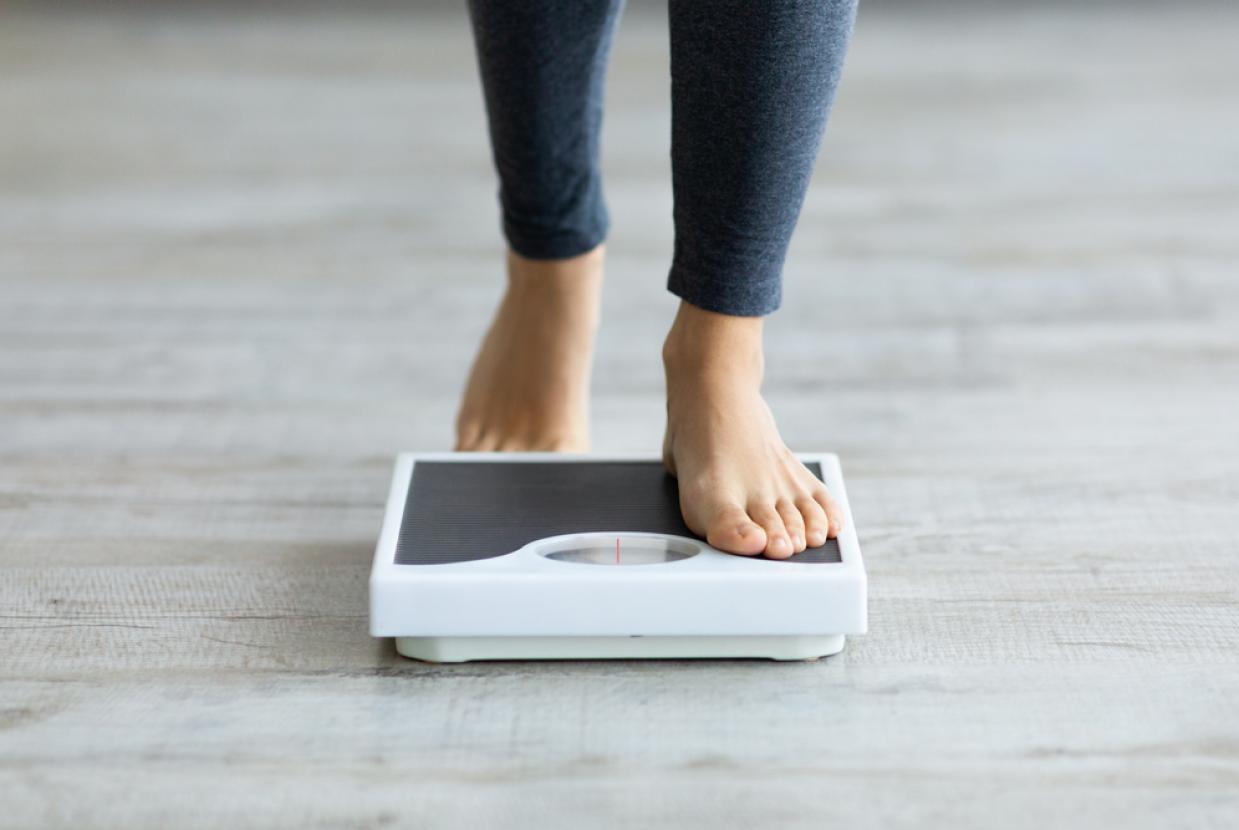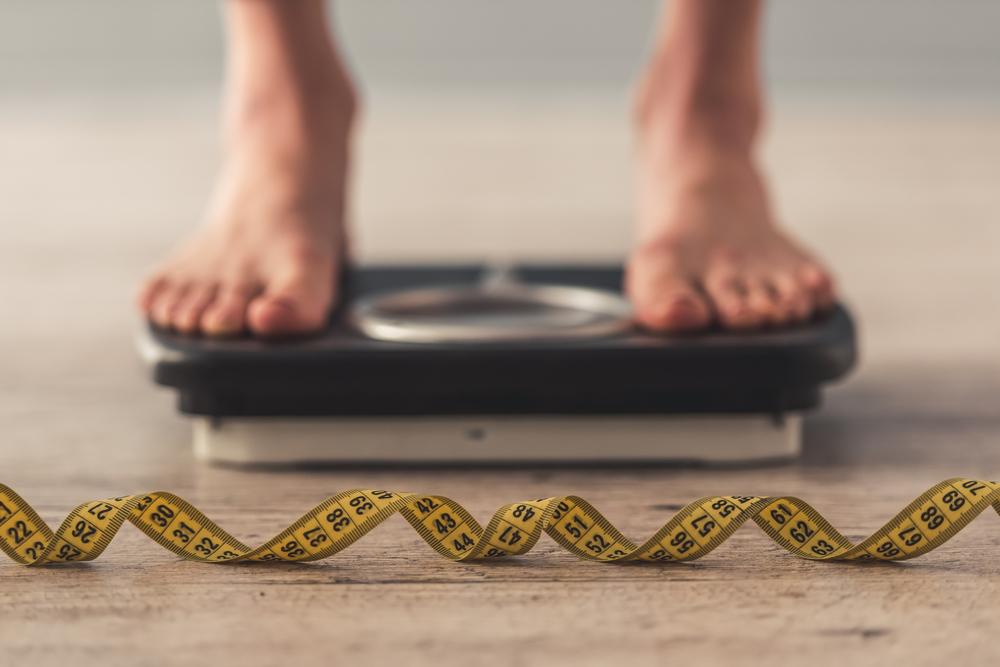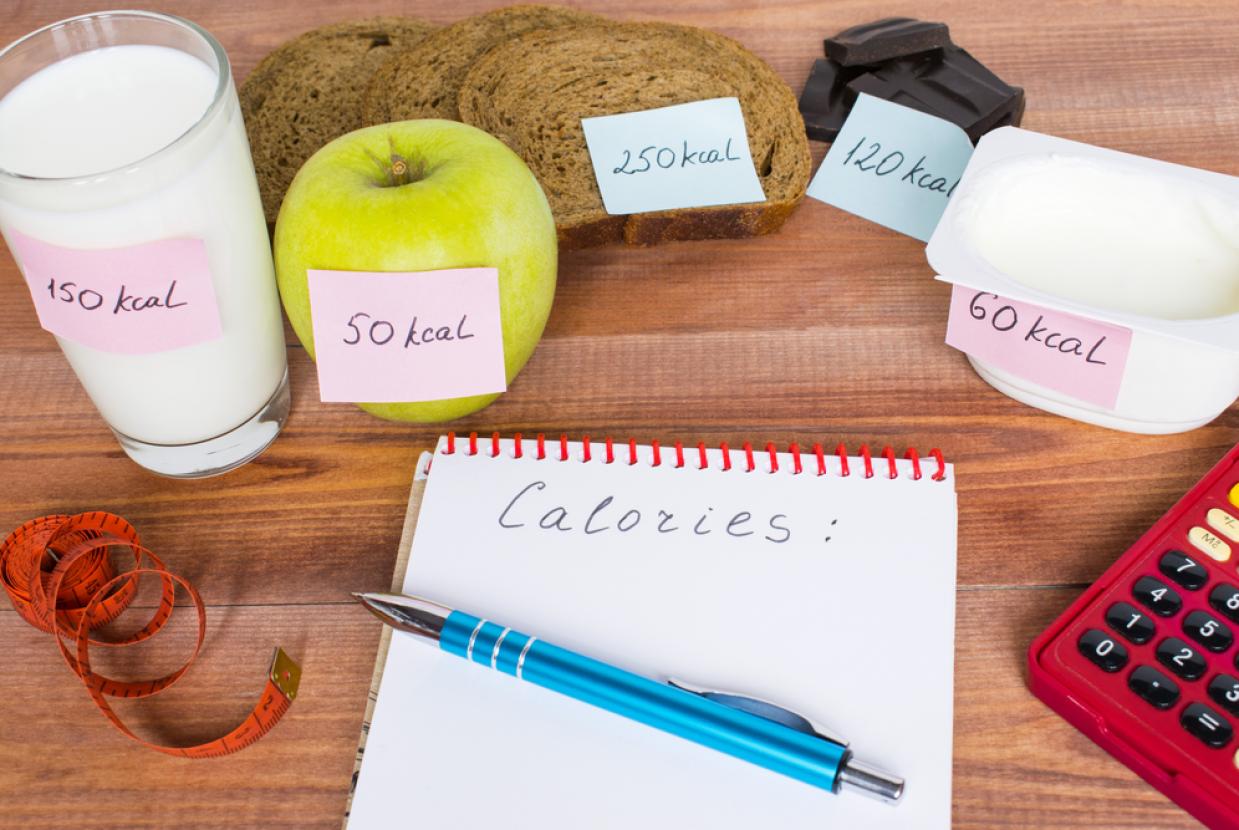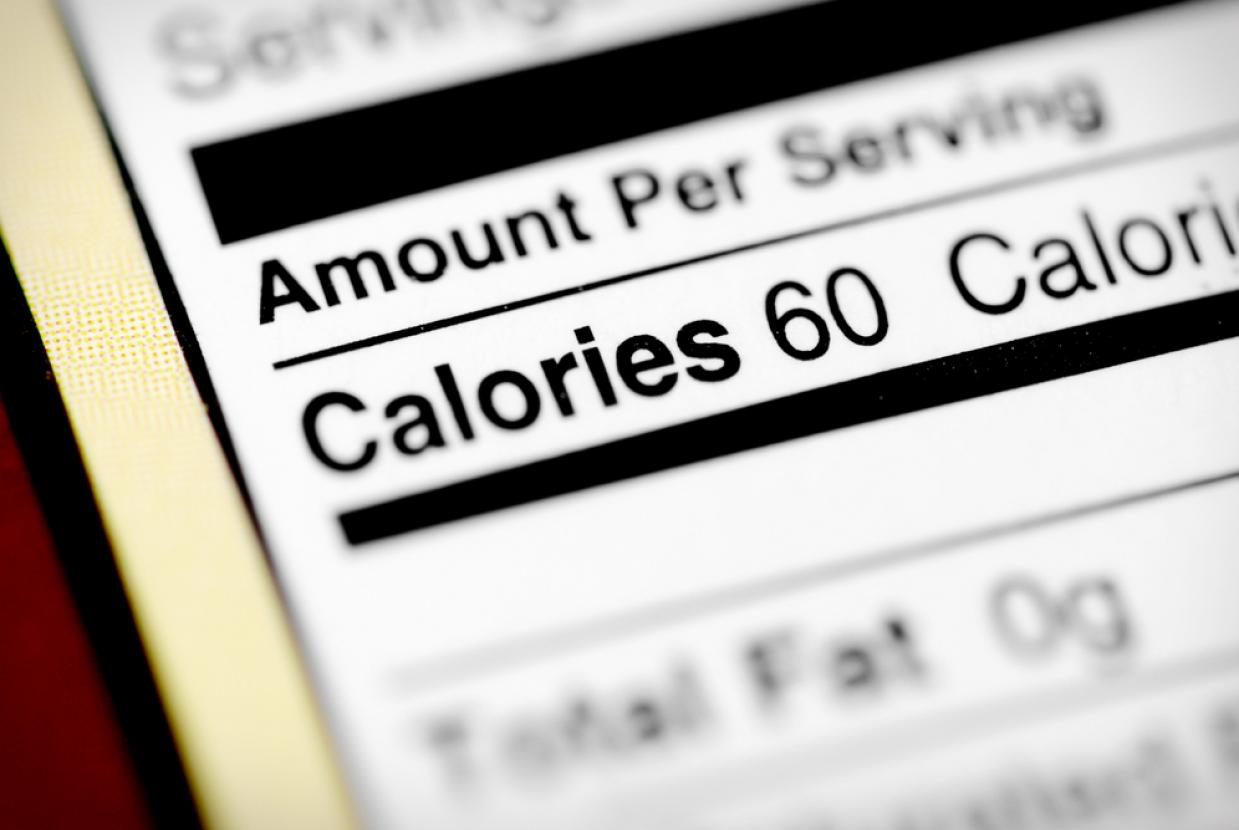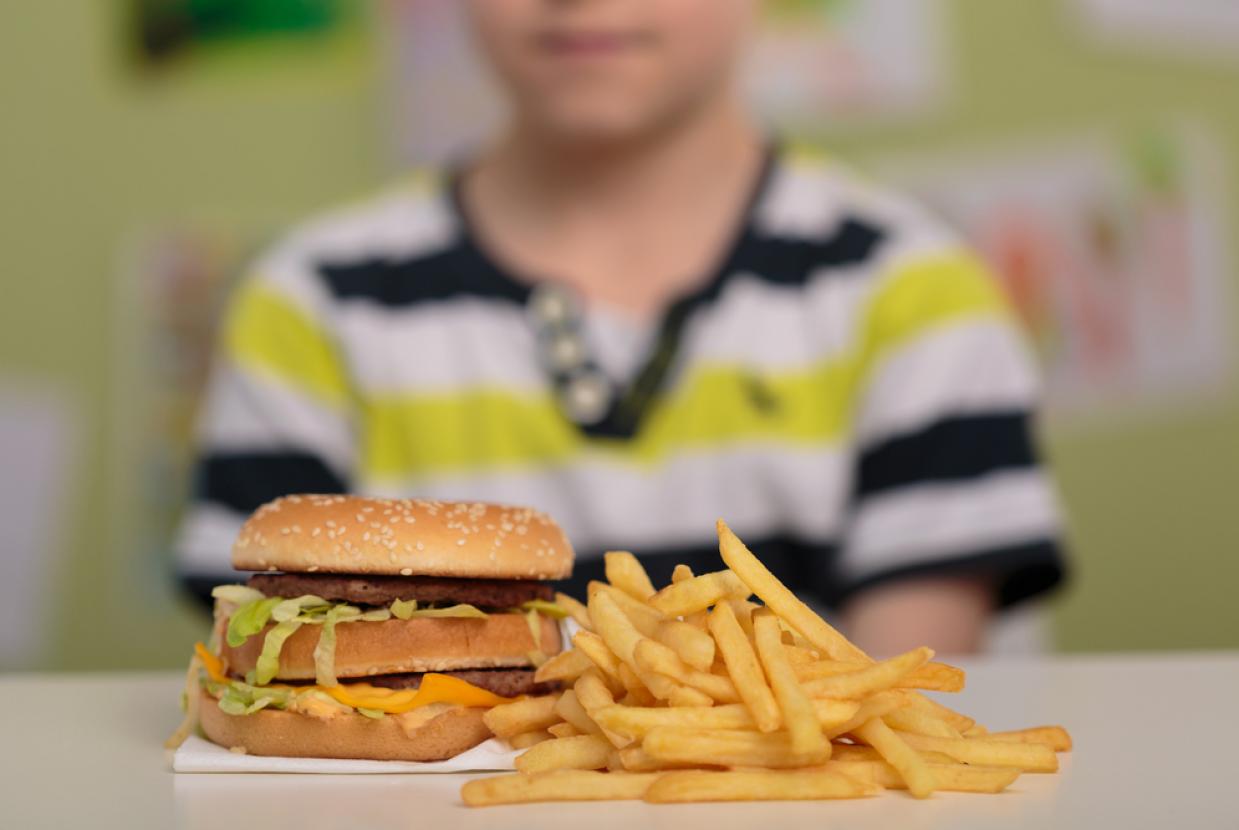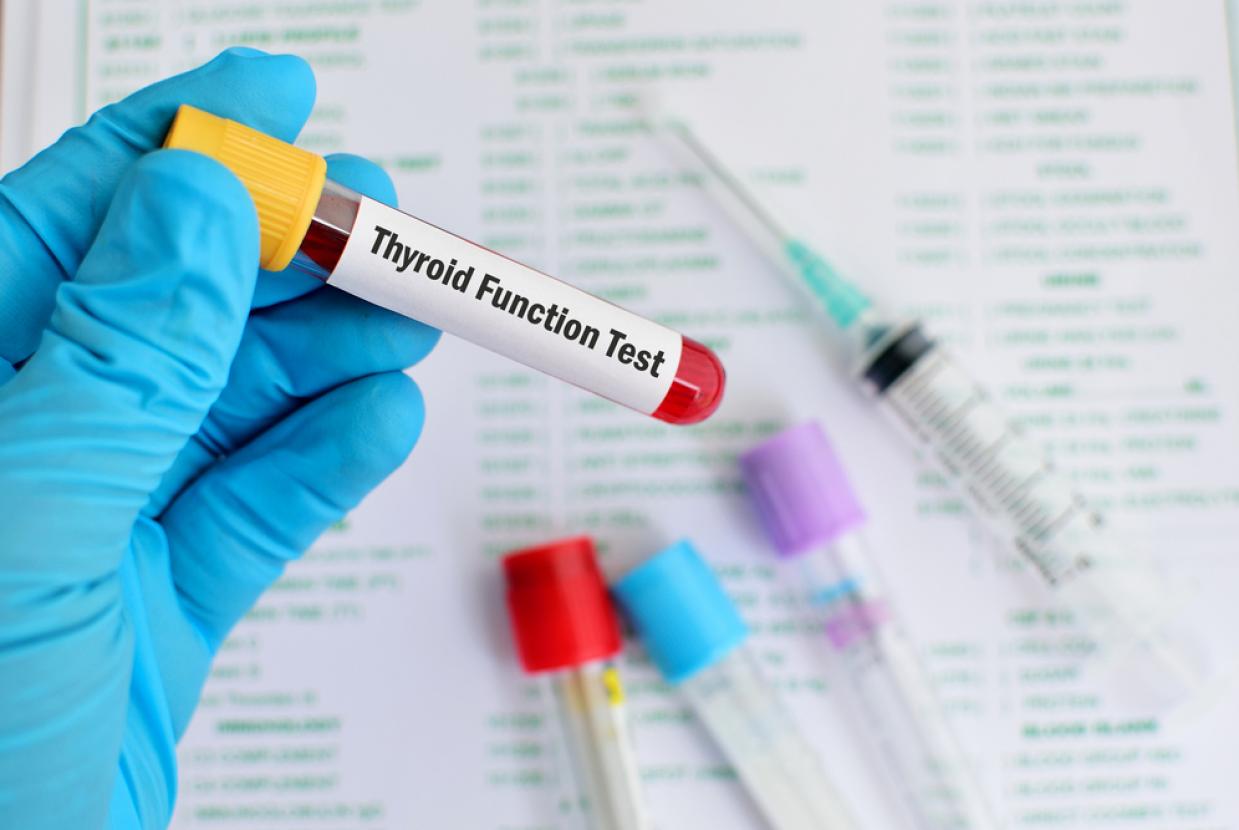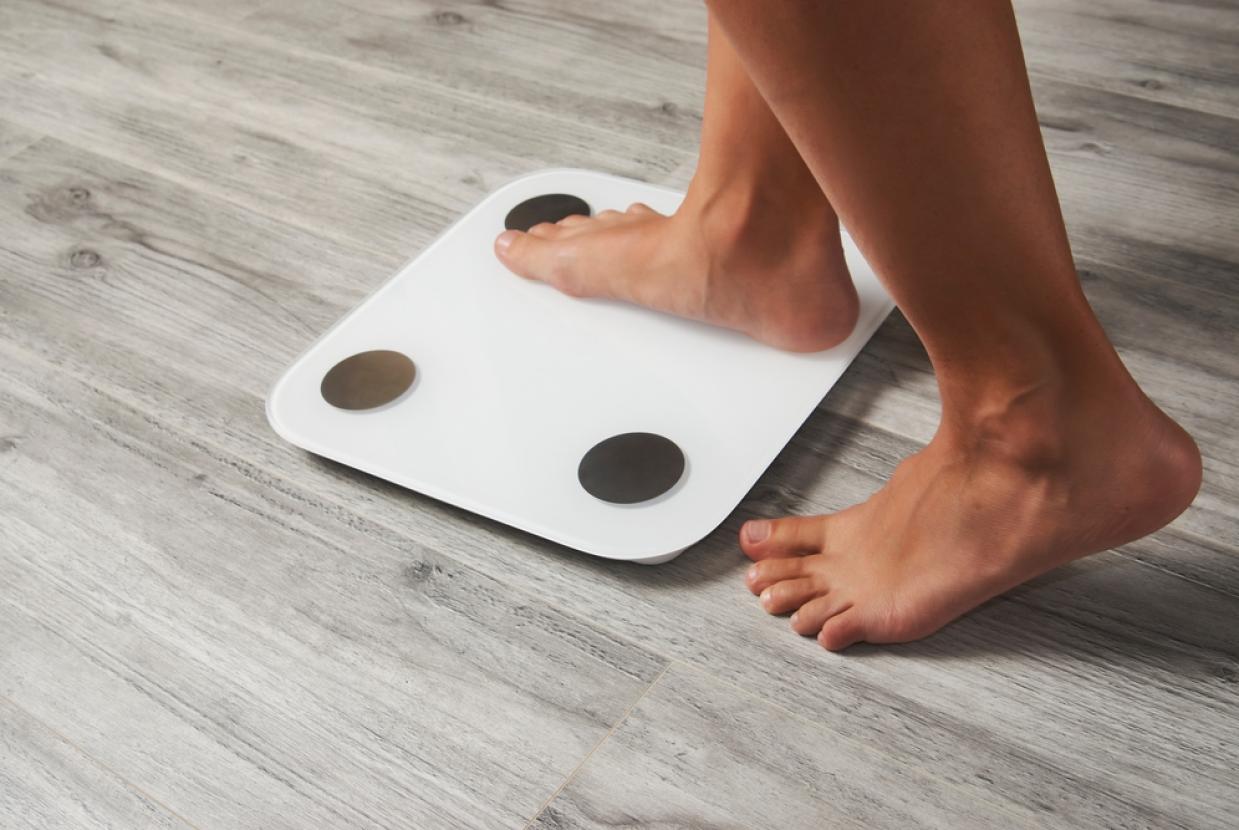Should You Lose Weight Fast?
When you're trying to lose weight, it's tempting to want results as fast as possible. But losing weight fast is unlikely to help you keep the weight off – and it also comes with health risks.
If you're trying to lose weight, you're probably keen to see, and feel, a difference quickly. It can be tempting to put your trust in one of the countless plans that promise rapid, easy weight loss. Unfortunately, even if these diets do help you lose weight, you're unlikely to maintain a healthy weight in the months and years afterwards.
The most effective way to lose weight and keep it off is to lose it gradually. This can involve following a weight loss plan, but it also should involve making changes to your diet and activity levels that you can stick to over the long term.
Weight loss tends to plateau after a while, and you may need to make further changes. If after six to nine months you haven't achieved a healthy weight, talk to your GP for advice on the next steps.
Safe rates of weight loss
If you're trying to lose weight, the safe weekly rate of weight loss is between 0.5kg and 1kg. That's between around 1lb and 2lb a week. Lose weight faster than this and you're at risk of health problems that include malnutrition and gallstones, as well as feeling tired and unwell.
Fad diets associated with very rapid weight loss, which involve simply changing your diet for a few weeks, are also unlikely to lead you to a healthy weight in the long term. Beware of buying fake or unlicensed medical products sold as slimming products.





